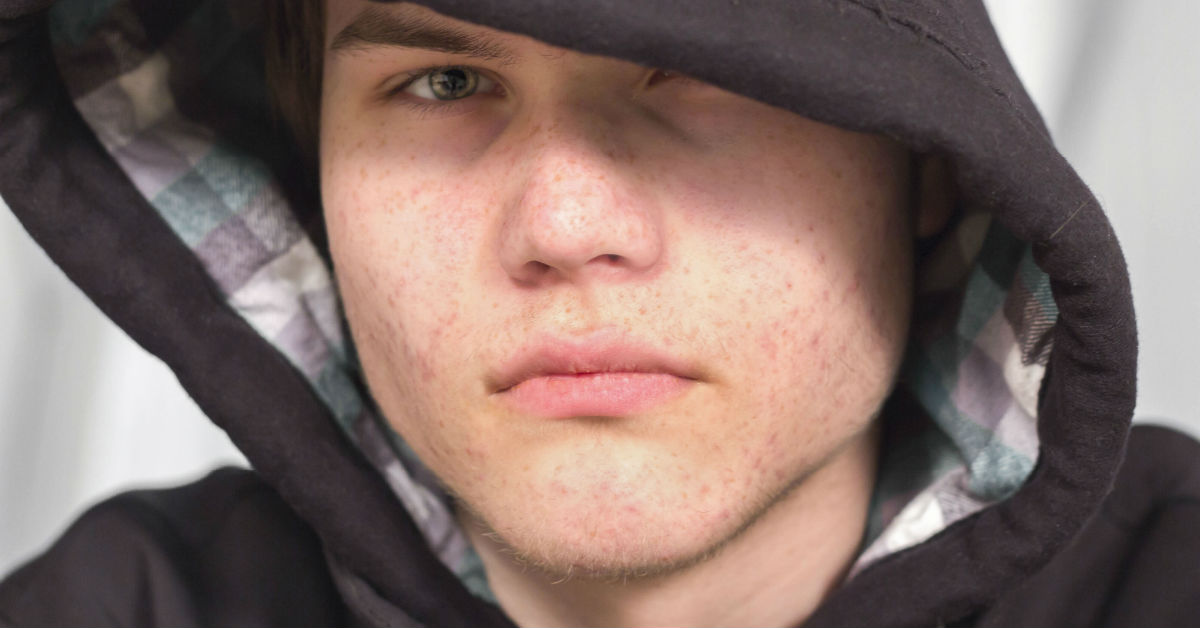As boys transition into teens, they might begin to act out and rebel. Parents sometimes struggle with telling the difference between a normal search for independence and serious or problematic behavior. Breaking curfew and smoking cigarettes sometimes symbolize a challenge from your son. However, pay close attention if your child engages in criminal, violent or dangerous behavior to himself and/or others. If you have looked for help in all the traditional places, you might need to send him to treatment at an all-boys’ therapy program.
Steps Parents Can Take
As a parent, you are not helpless. You can take the following five steps in order to help your troubled teen son.
- Maintain open communication – While it’s hard not to overreact in these situations, your son needs to know that you are a safe place for him to turn.
- Compromise as needed – Your son will need to learn to make his own decisions and to face consequences for any poor choices. Let him grow up.
- Don’t permit dangerous behavior – However, do not compromise, especially when it comes to violent or dangerous behavior. While you need to enforce consequences, communicate those clearly ahead of time, possibly in writing, so that no questions arise later about expectations.
- Take immediate action – Delay could be costly, and he might end up in the hospital or in jail, jeopardizing his entire future.
- Seek professional help – If you suspect that your teen is engaging in violent, abusive or self-harming behavior, seek help at an all-boys’ therapy program.
The Effects of Tough Treatment
Statistics show that about 1.2 million young people are in the juvenile court system across the nation. Some jurisdictions use a tough approach via a type of military boot camp or shock incarceration in order to scare teens and keep them from committing future crimes. However, research shows that these types of interventions don’t work. Instead, teens need to learn positive behavior so that they can live a productive lifestyle. Yet a third option is to transfer juvenile offenders to adult courts. However, these young people commit crimes at a higher rate than those who remain in the juvenile system.
How Therapeutic Treatment Can Help
Instead of these intense treatments that don’t work and that sometimes even inflict lasting damage to young people, consider sending your son to an all-boys’ therapeutic program. These programs offer the following benefits:
- Scholastic support – Your son can attend school under the guidance of professionals at his own pace in a nationally accredited program.
- Learned life skills – Your son can learn life skills that will benefit him for years to come after he leaves the program. He can attend various classes, including creative and recreation options, in order to expand his horizons.
- Personal attention – Your son is not a carbon copy of other teens. A therapeutic program assesses his needs in order to develop an individualized treatment plan for him, modifying it as needed.
- Therapeutic treatment – Therapy treats your son’s root problems as opposed to covering them up with harsh methods that only cause damage.
- Parental education – You need assistance in coping with your son’s challenges. A therapeutic program will provide you with support to give you the needed tools to guide your son once he leaves the program.





0 Comments